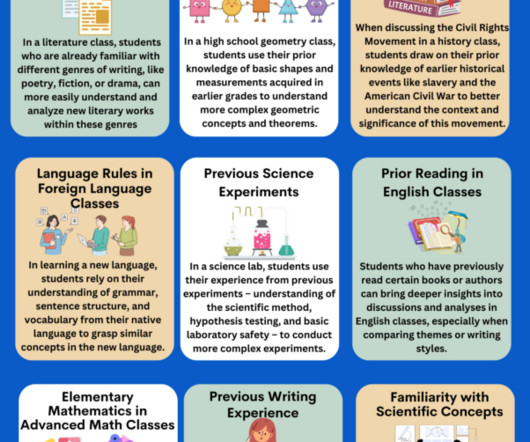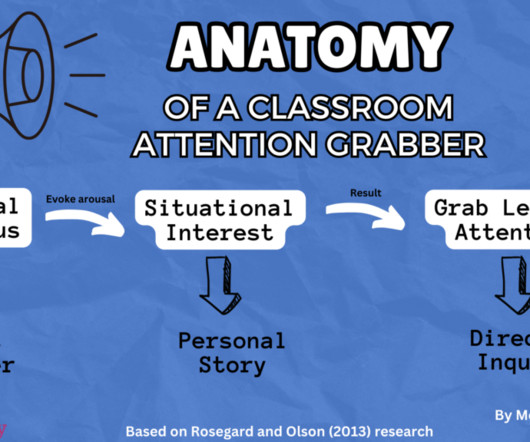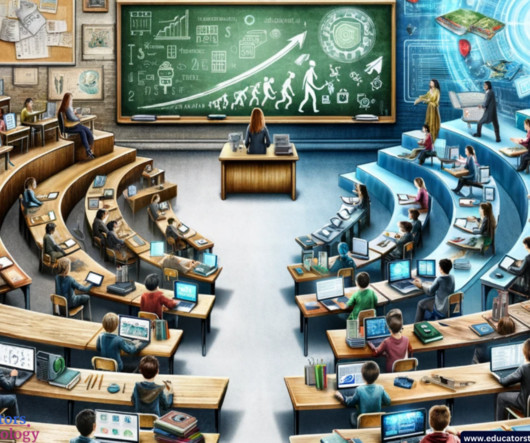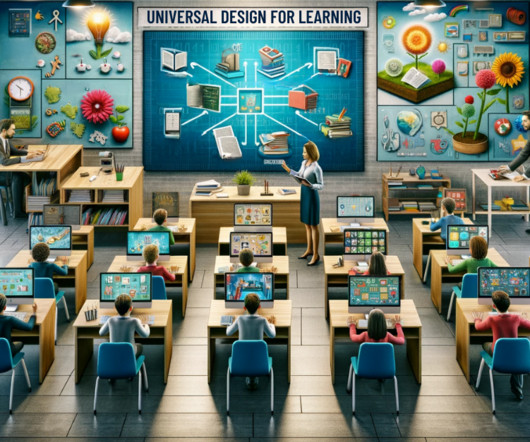What Is Prior Knowledge and Why it Matters?
Educational Technology and Mobile Learning
DECEMBER 23, 2023
This term refers to the pre-existing cognitive framework that each student brings into the learning environment, encompassing everything from factual information to deeply ingrained skills and misconceptions.























Let's personalize your content